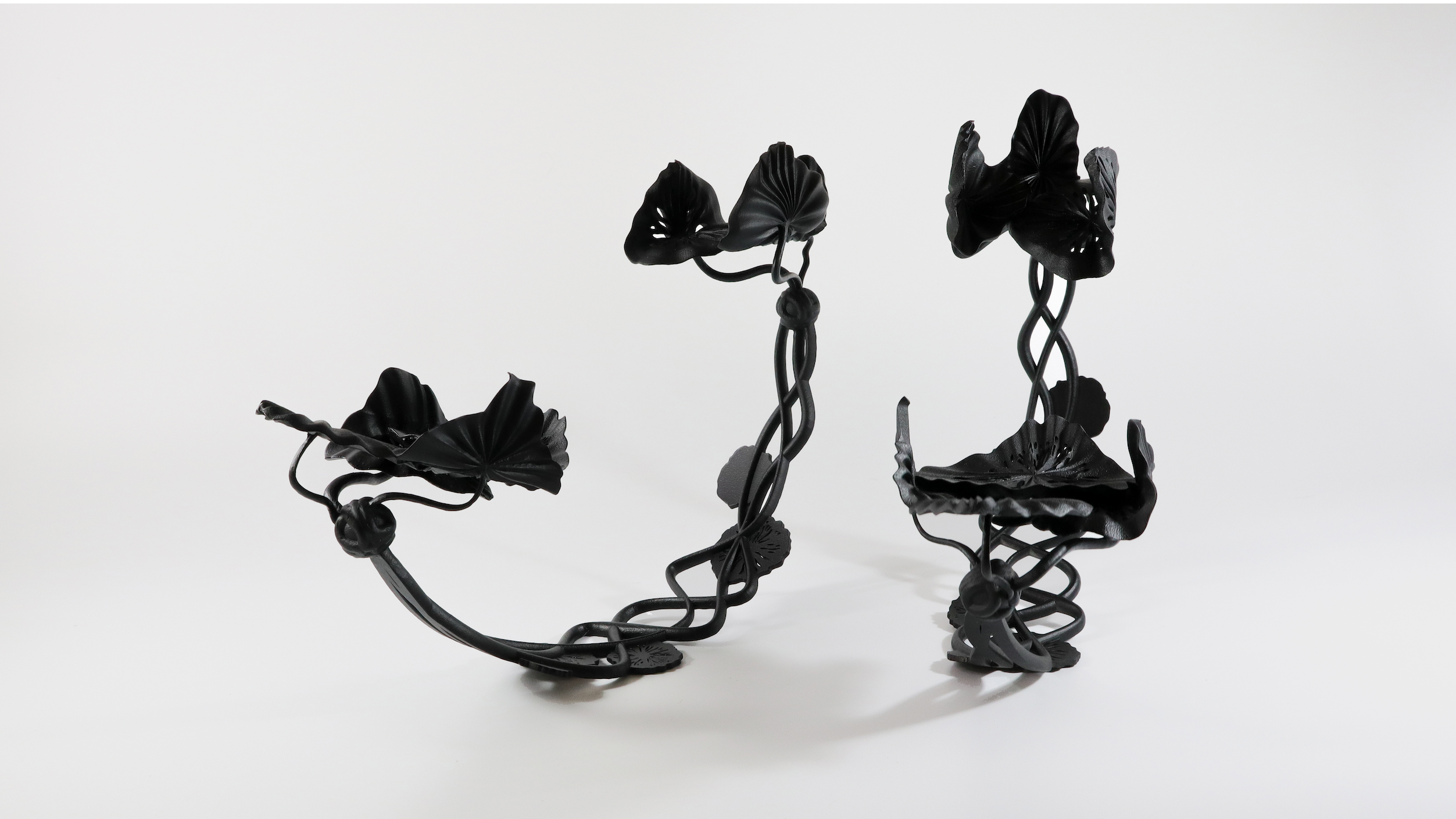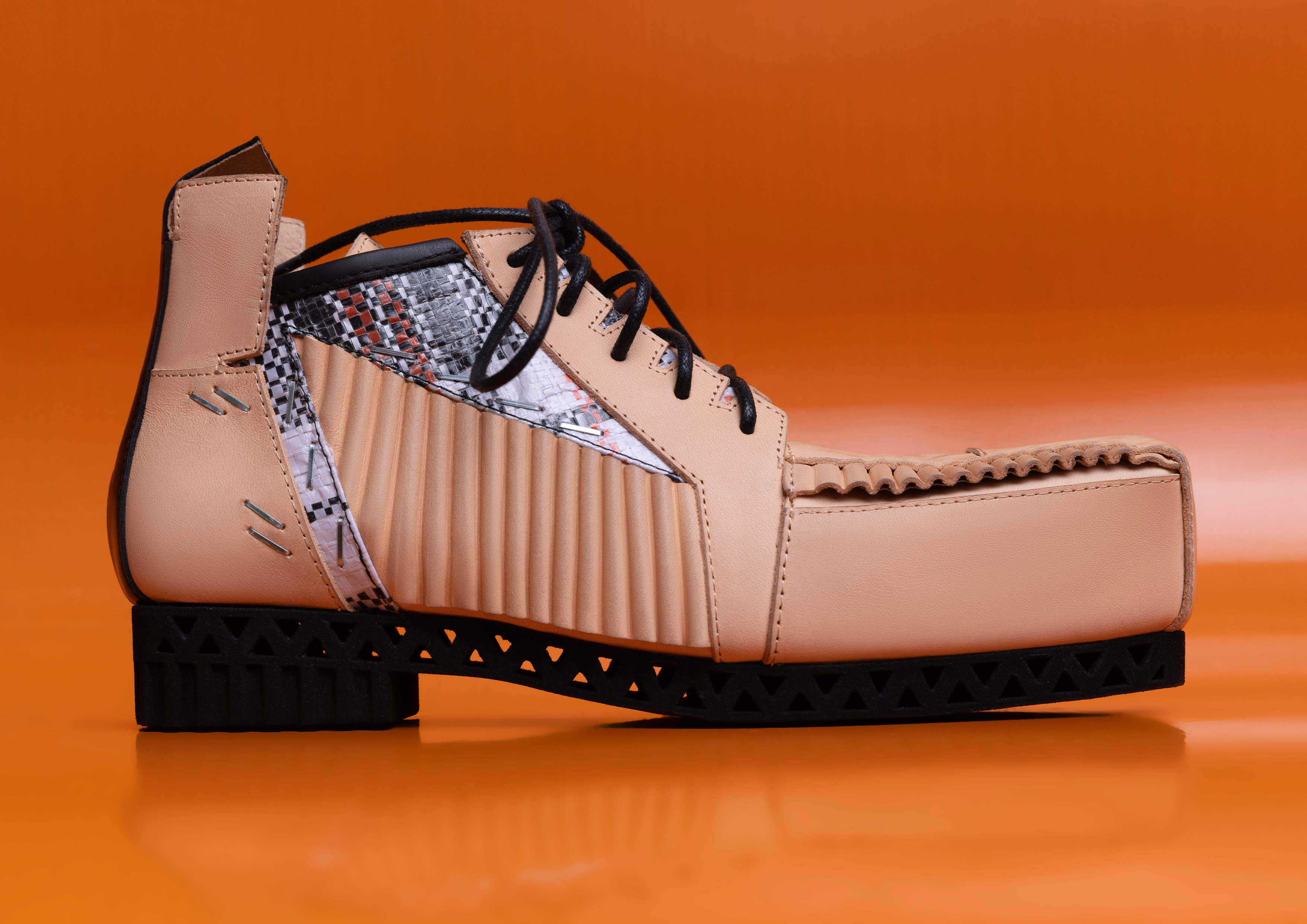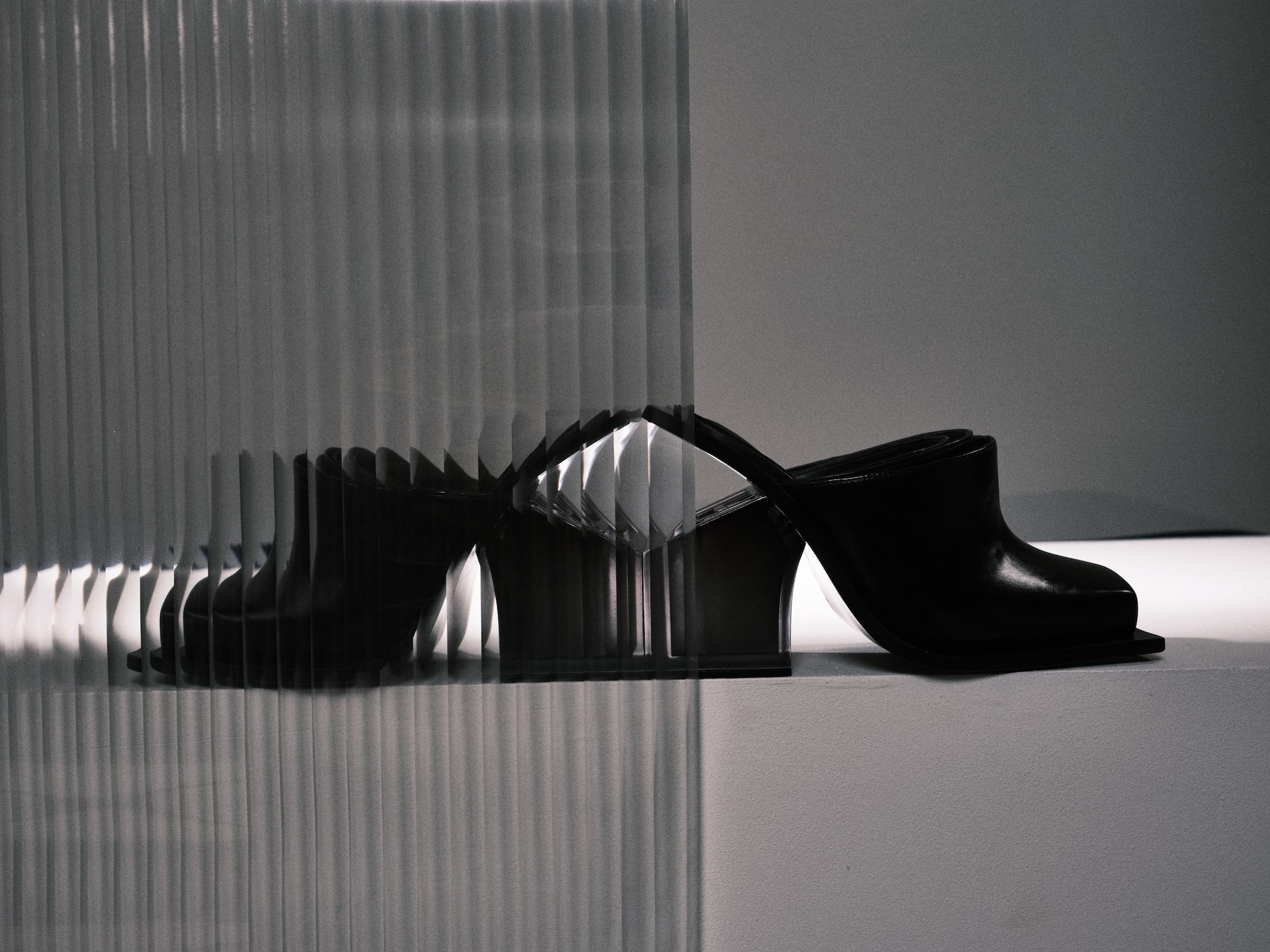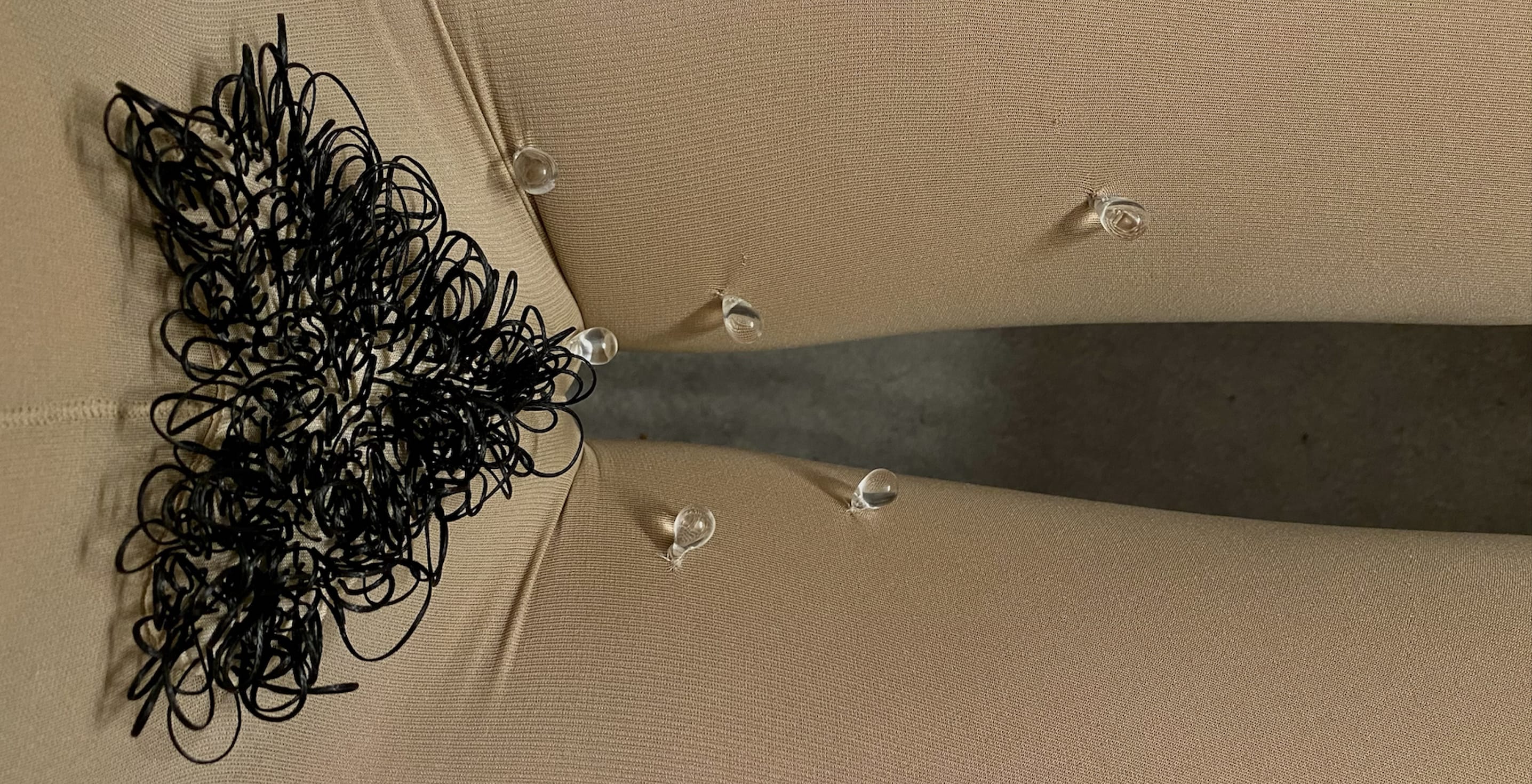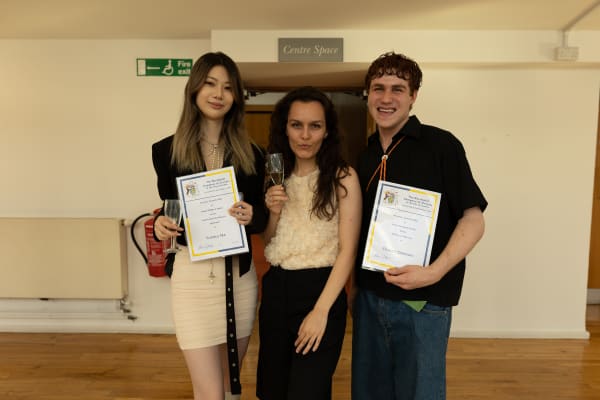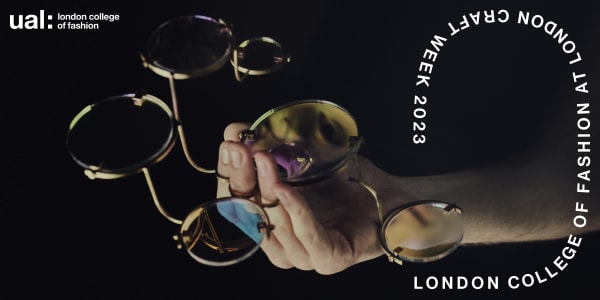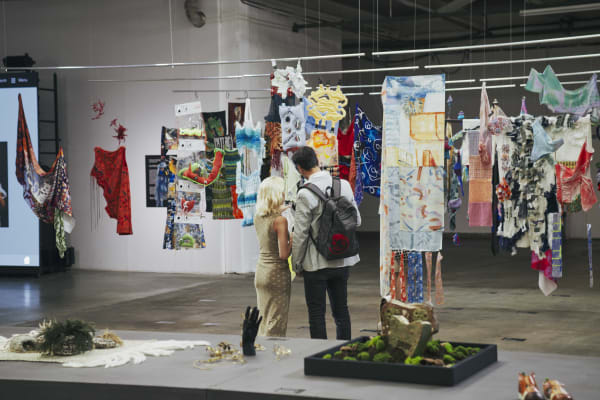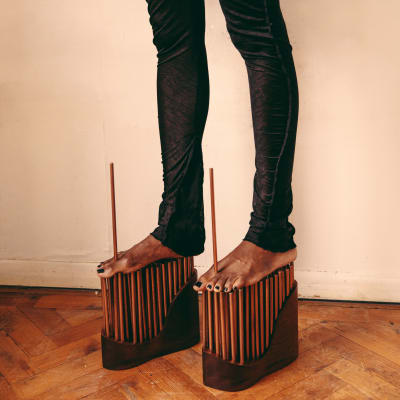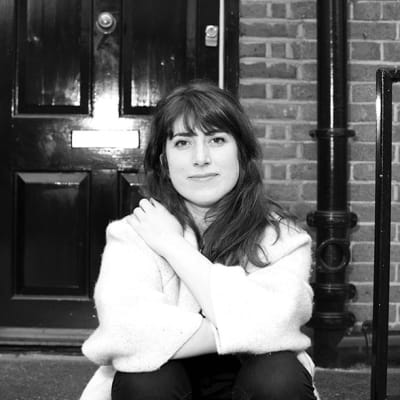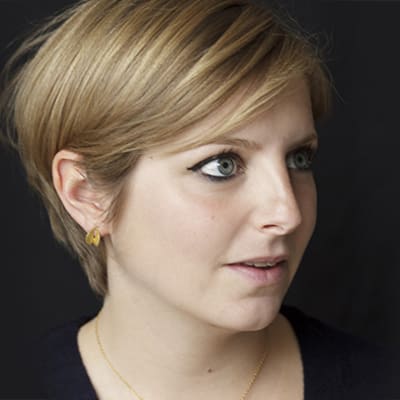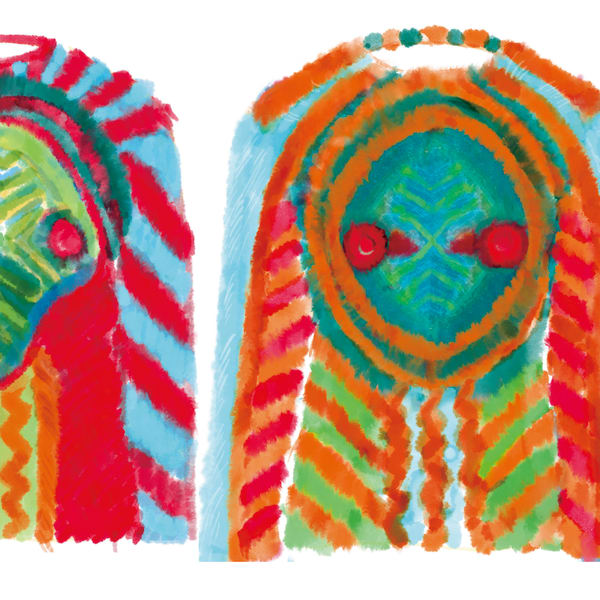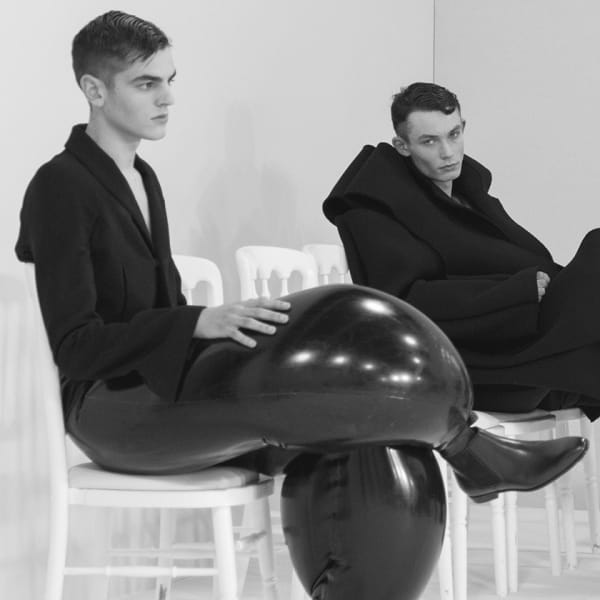All our postgraduate courses offer career development, so that you become a creative thinker, making effective contributions to your relevant sector of the fashion industry.
LCF offers students the opportunity to develop Personal and Professional Development (PPD) skills while studying through:
- Access to to speaker programmes and events featuring alumni and industry.
- Access to careers activities, such as CV clinics and one-to-one advice sessions.
- Access to a graduate careers service
- Access to a live jobsboard for all years.
- Advice on setting up your own brand or company.
Career paths
Masters graduates have an acknowledged advantage in the employment market, obtaining work in a wide range of vocational and academic fields related to fashion. Graduates from the MA Fashion framework will be in a position to gain employment as innovators within the fields of fashion design and technology, fashion communications, or management and marketing for the fashion industries. Marina Chedel (MA Footwear Graduate 16-17) won the first accessory Award at the prestigious fashion festival HYERES, France: SWAROVSKI FASHION ACCESSORIES GRAND PRIX OF THE JURY, 2017
The MA also provides an excellent preparation for higher level research degrees (MPhil or PhD), with an increasing number of graduates undertaking research in fashion related subjects, in practice or theory or entering into education as lecturers.
Students find employment in industry working for footwear consultancy companies, working for brands as well as setting up their own shoe business. Graduates of the course have gone on to work in many roles within the industry, at companies including Burberry Prorsum, Celine, Alexander Wang, Alexander McQueen and Tom Ford. Further employment opportunities include trend prediction, stylist, illustrator and freelance designer.
